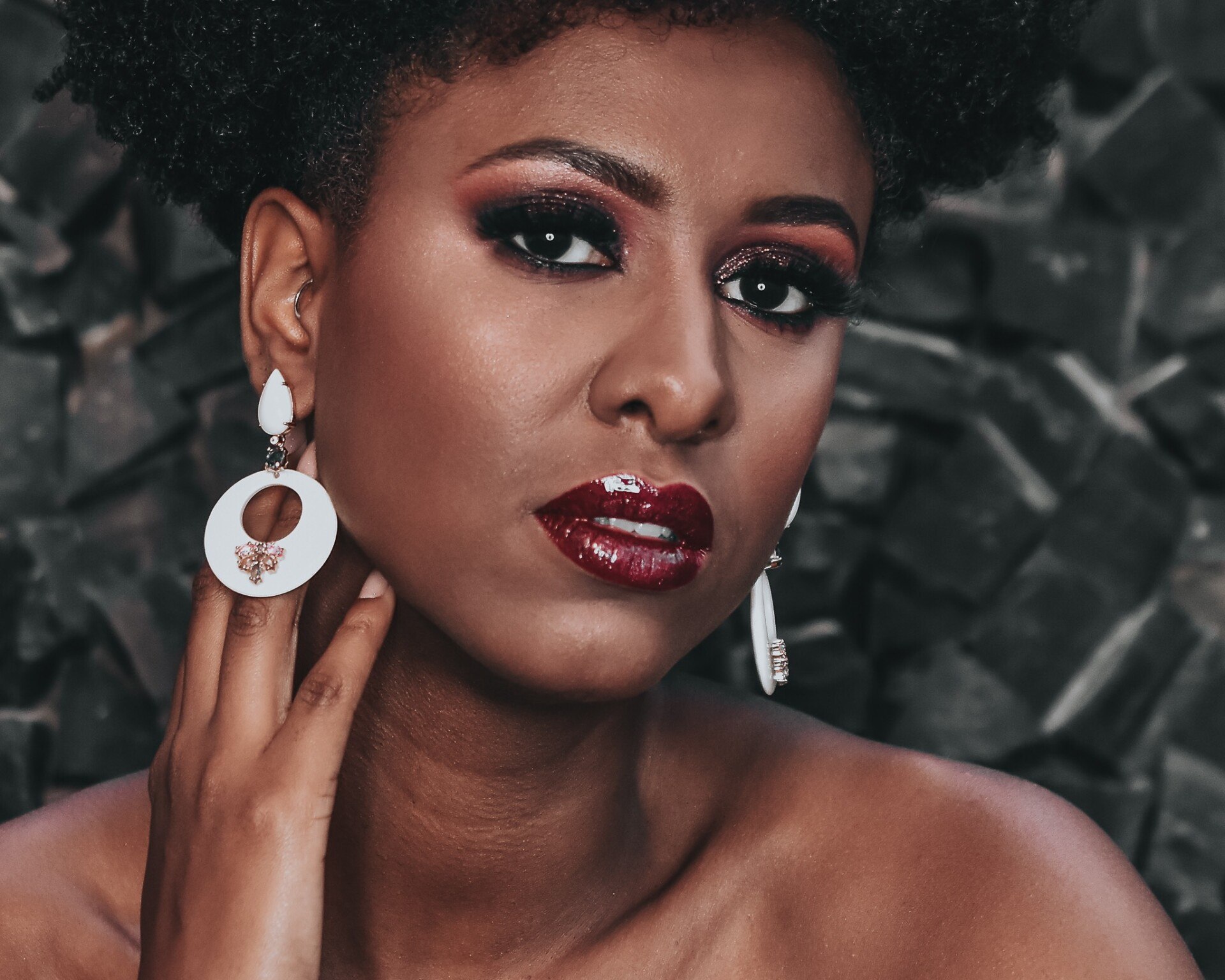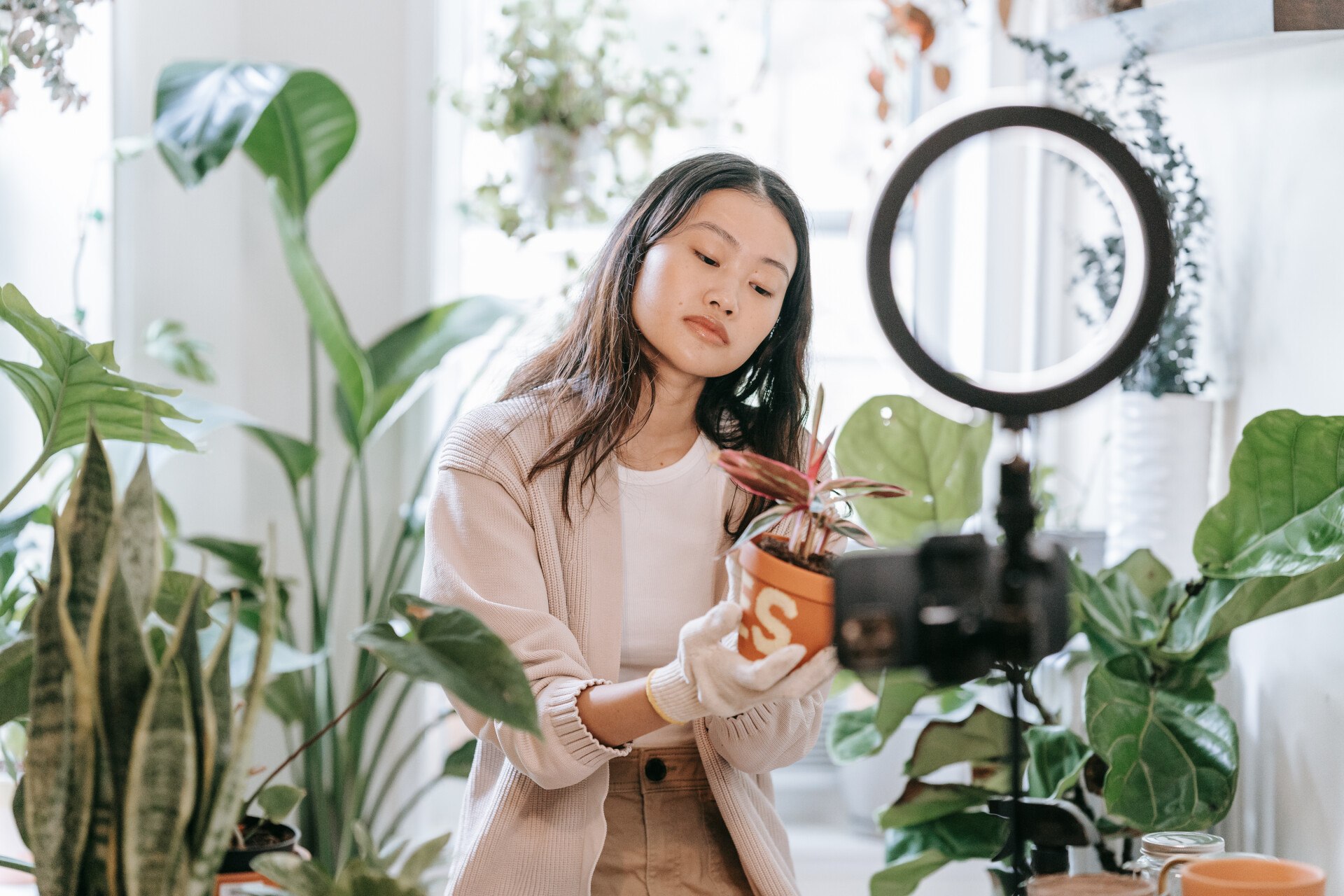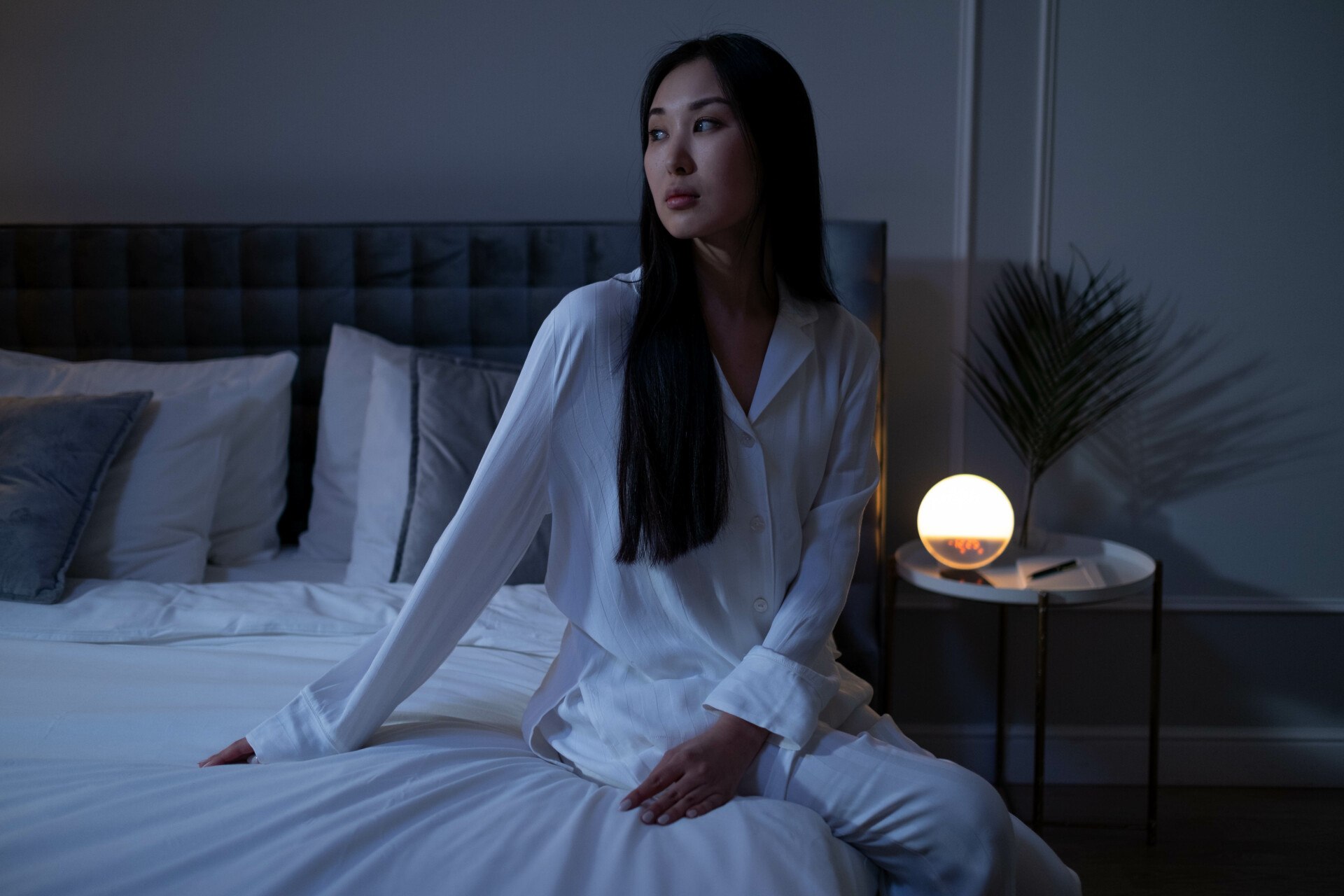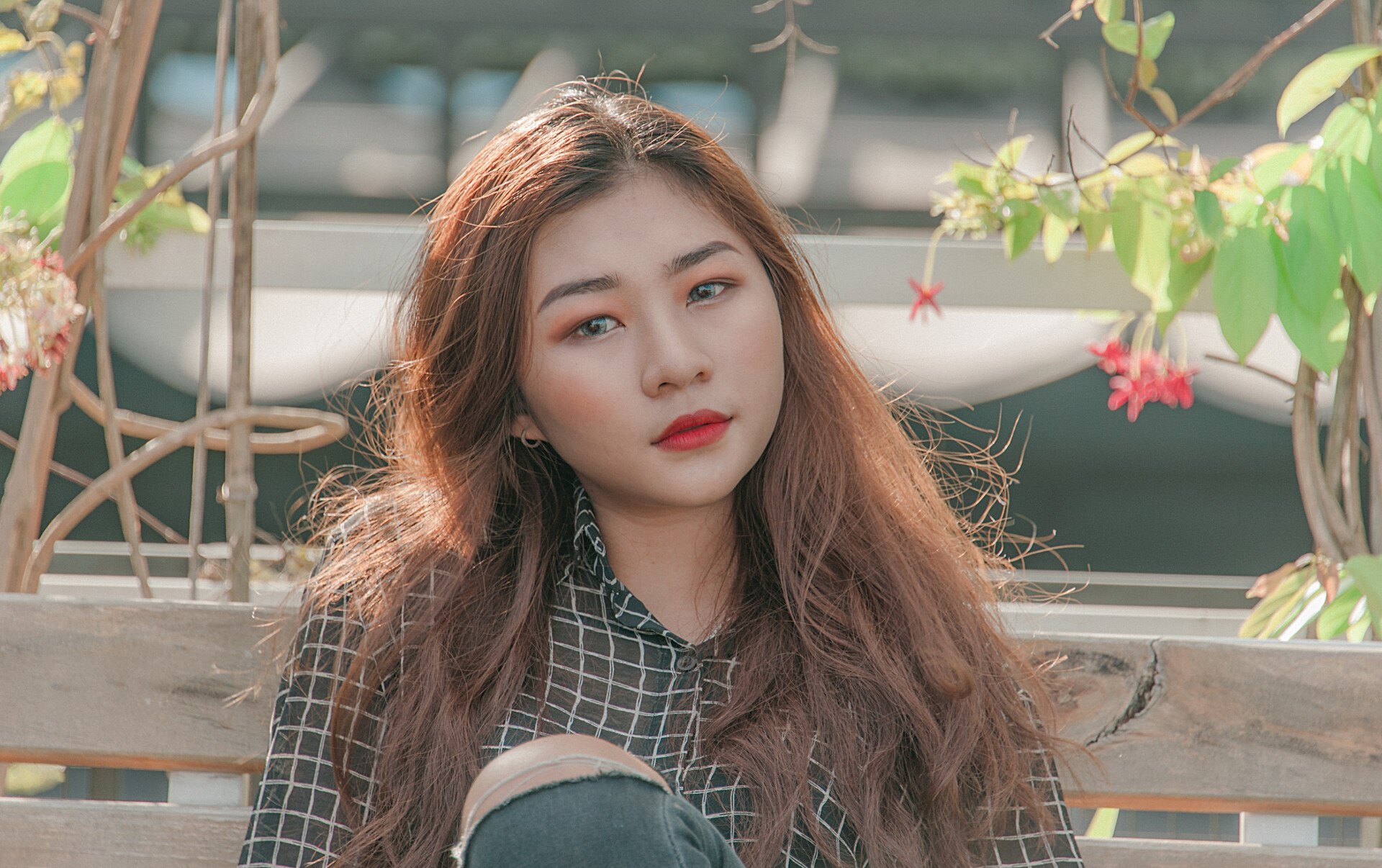
Last week, Women at the Center headed to Austin, TX for SXSWEco, “a space for business leaders, investors, innovators and designers to advance solutions that drive economic, environmental, and social change.” While we were there, we had the awesome opportunity to join and lead discussions about women’s empowerment and sustainability, and screen our new film “I love My IUD.”
Our first session was “HERstory: New Stories about Women, Girls and a More Sustainable World.” We were joined by Meghan Parker from the Woodrow Wilson Center and Julie Willig from Girl Up to talk about the stories we tell and the strategies we use to build awareness and motivate action.
We began this discussion by showing our short film and addressing the lessons learned from gathering this story. We took this opportunity to talk about the importance of the voices that are in the film as well as the voices that didn’t make it into the film, because those stories are just as important and taught us valuable lessons about our work. A few of the women we interviewed felt their stories may offend people in their families or circles, so they asked us to not share them.
This reminded us of why we tell stories that connect the dots between reproductive rights and empowerment. In this day and age, a woman should not be stigmatized for telling her story about how family planning or a sexual health program enabled her to plan her future. Women should not feel afraid that their story of empowerment might offend someone in their community. So when it comes to sexual health and reproductive rights, we hope the stories we share empower women and girls everywhere to be storytellers. Each story has the potential to inspire people and even change their lives.
Sexual health and reproductive rights have become politicized, and misguided politicians are working to defund successful programs like the Colorado Family Planning Initiative and Planned Parenthood. By telling real stories from real women and girls, we aim to make these issues not about politics but rather about people’s values—and human rights. When a woman or girl tells a story about how access to free contraception has enabled her to finish school, or when a mother tells us that spacing her children has made her family healthier, it removes the complicated political element and demonstrates how family planning is such an effective solution.
The second session we took part in was the panel, “Sex and Sustainability: Youth and Reproductive Rights,” and we were joined by repro justice, population, health, and environment (PHE) experts such as Roger-Mark de Souza and A. Tianna Scouzarro. For this panel, our goal was to inform the audience about how sexual health and reproductive rights play a critical role in creating sustainability in our families and communities.
Once again, we turned to the stories from our film and told the audience about Deb Chanel from the Spanish Peaks Women’s Health Clinic in Walsenburg, CO. This woman from a small town taught us three big ways family planning and sustainability connect. Before the program launched in Walsenburg, residents had to drive 60 miles to access sexual health services. If someone wanted an IUD, she had to drive 120 miles back and forth, making it challenging for people with limited resources and almost impossible for young people who didn’t have a car and/or a driver’s license. By providing these free services in Walsenburg, local residents can save money as well as improve their health. The second way this program has helped the community is that education has improved—and not just education in terms of academia, but also sexual health education. Clinic staff has received better training about reproductive health and has been taught new strategies for engaging people about sexual health. For example, when starting the conversation about family planning, clinicians will ask a patient, “what are your plans after high school? What aspirations do you have and how can family planning support your goals?” For many youth, this was the first time someone had asked these important questions. Framing family planning as a tool for achieving one’s aspirations is pretty groundbreaking. This program has also created more support and empowerment for women and young people to talk about these issues. Given the stigma around reproductive and sexual health, it’s revolutionary for poor and rural communities—and any community, for that matter—to be talking about these issues in a supportive and encouraging way.
As most of you know, Women at the Center is all about breaking down silos that keep issues separate. So I’d like to share another highlight from the panel when Roger-Mark De Souza knocked down the silos between faith and family planning. Someone from the audience posed this question: “how do we get religion out of sexual health and reproductive rights?” Roger responded, “for me, it’s not about how do we get these issues out but rather, how do we get them in to these issues?” This was a perfect conclusion to the panel, because at the end of the day our mission at SXSWEco was to demonstrate and prove how finding common ground between seemingly different issues is the only way we’re going to solve our biggest challenges.
Please watch Cat Lazaroff, Women at the Center program manager, talk about the importance of communicative skill in advocacy.
@catlaz of Resource Media on importance of communicative skill in advocacy #sxecotxst @sjmctxst #SXSWEco @sxsweco pic.twitter.com/1zVk6cnwlB
— JoshNotJim Morrison (@JoshuaNMorrison) October 7, 2015






